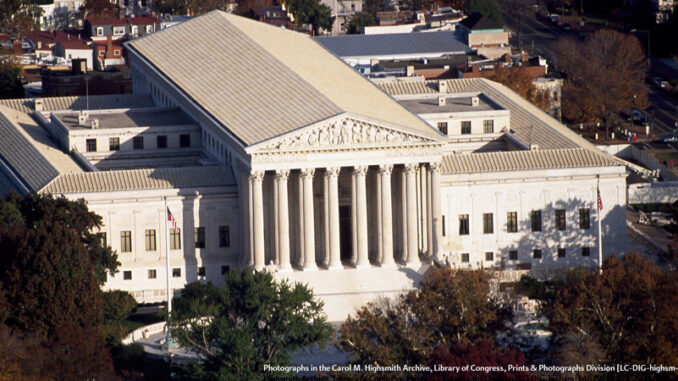
This week, the Senate Judiciary Committee holds four days (over 17 hours) of hearings for Brett Kavanaugh, Trump’s most recent nomination for the Supreme Court. If confirmed, 53-year-old Kavanaugh would be the replacement for Justice Anthony Kennedy, filling the vital “swing seat” that could tip the political balance of the Court for a generation to come. Here, btw takes a closer look at the process, whether or not the Democrats have a plan to intervene, and how a Kavanaugh appointment could affect Americans.
The Process
After the Senate Judiciary Committee hearings take place this week, the committee will send its recommendation on Kavanaugh to the full Senate for a vote. Kavanaugh will need only 51 votes to be confirmed to the Supreme Court. But this also means that if two Republican senators “flip” and vote against him, he won’t be confirmed.
A Rocky Start

From the start, Kavanaugh’s Senate hearing process has been controversial. Kavanaugh has a long and impressive legal resume. A native of D.C., he served for more than 12 years on the U.S. Court of Appeals for the District of Columbia Circuit. Before that, he attended Yale University and Yale Law School. During his long legal career, he investigated former President Bill Clinton, leading to Clinton’s impeachment trial.
Kavanaugh also worked for President George W. Bush as deputy White House counsel and staff secretary. Because of all of this, a massive amount of documents about Kavanaugh’s legal decisions have been compiled. Republicans have released about 440,000 pages of this material to senators, and less than 300,000 to the public. The Trump administration removed another 100,000 pages. According to Democrats, however, there are still millions of relevant pages that have been withheld.
The Democrats’ Response
In an effort to slow down the confirmation hearing process, several Democrats have threatened to sue the National Archives over the pages that have been withheld, arguing that the Freedom of Information Act guarantees them access to these documents.
Once the hearing process begins, Democrats will likely emphasize Kavanaugh’s positions on controversial cases and issues in the past. While he has stated that Roe v. Wade (the 1973 Court decision which legalized abortion nationwide) is law and will remain so, he has also ruled against abortion rights in several lower court decisions. He has also made it clear that he supports the Second Amendment protecting gun rights, including the right to carry semi-automatic weapons. In fact, the NRA (National Rifle Association) has already spent over $4 million on television ads alone in support of Kavanaugh. Through his rulings, he has also indicated his lack of support for the Affordable Care Act (the ACA, or “Obamacare”).
But perhaps even more upsetting to Democrats is the fact that Kavanaugh has written that Congress should pass a law protecting presidents from criminal investigations while in office (despite the fact that he once participated in the investigation against former President Bill Clinton). This could mean that he doesn’t support special counsel Robert Mueller’s investigation into the Trump administration’s role in the Russian tampering of the 2016 presidential election.
